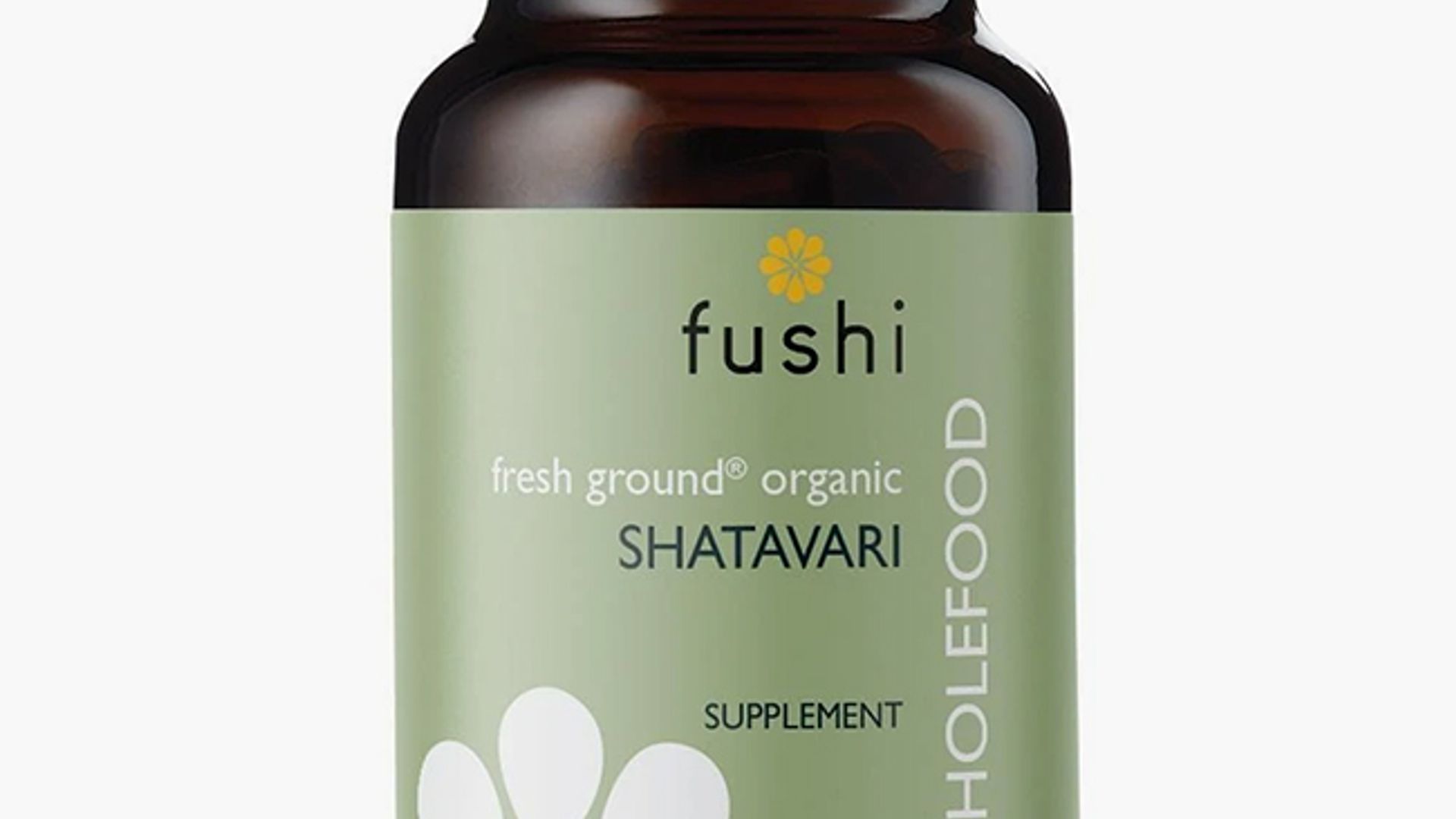Making a baby is far from an easy business; there's timing, your age, your diet, your weight, your stress levels, if Mercury is in retrograde…OK, maybe not Mercury, but there's a lot of factors that can affect your fertility and getting pregnant – and some of them you might have even considered.
With one in 7 couples experiencing infertility, we asked the experts for some fertility facts you probably didn't know – but should.
READ MORE: 7 celebrities who have opened up about their IVF and surrogacy struggles
1. On the pill? Your most fertile time is just as you stop taking it – then your ovulation can become a little disrupted. Fertility guru Zita West explains: "The first month after you stop taking the pill is usually a particularly fertile cycle. After this ovulation can be disrupted for a few months in most women. For others, it may take longer for ovulation to return to a normal pattern, despite regular periods."
It's worth tracking your periods with a fertility tracker bracelet to keep an eye on this or to keep an eye on your temperature - Temp Pal, the world's smallest smart body temperature monitor, helps to track a woman's basal body temperature to help calculate the best time for getting pregnant.
MORE: This fertility tracker bracelet can help you get pregnant
2. It goes without saying that your overall health is paramount for boosting your fertility, but did you know that there’s a simple herb that could help?
Clinical and medical herbalist and Ayurvedic practitioner Jo Webber explains the benefits of the Ayurvedic herb Shatavari, a plant medicine that has been recommended by holistic practitioners for many years as a natural tonic for women to aid fertility as well as improving sperm count in men.
"Shatavari is a superb fertility tonic for women, balancing hormones as well as providing nourishment and strength to the uterus. Shatavari acts on the immune system and helps in stressful times so is ideal for stress-induced and immune-mediated infertility.
"It helps promote conception but also goes on to support a healthy pregnancy. Clinical studies have also shown it increases the quality and quantity of milk flow in breastfeeding women. It can also help male infertility, supporting low sperm count."
Fushi Shatavari supplements, £7.20, Revital
SHOP NOW
3. Exercise is important for a healthy lifestyle however too much can be a factor in infertility. "In women, over-exercise can result in the loss of necessary body fat which is vital for the production of estrogen," explains Dr Sachin Maiti at Pall Mall Medical.
ProForm L6 City Folding Treadmill, £799, John Lewis
SHOP NOW
"This may cause irregular periods or even stop menstruation and ovulation altogether."
SHOP: The coolest women's trainer brands to buy for less
4. Saving your baby-making for ovulation day? Don't forget the days around it are crucial too. "Having sex just on ovulation day may mean you miss the crucial window of opportunity," says Zita. "The egg only lasts 12-24 hours while sperm can last 5 days, so if you count on ovulation sticks to tell you then it may be too late. I recommend having sex three times a week during your most fertile time to ensure there is always a fresh supply of sperm waiting for the egg."
She says there are also many myths around 'saving sperm': "The idea of saving sperm is a myth as it will die after a few days, so research shows that the more fresh sperm there is, the better the quality."
MORE: 21 best lingerie sets from the high street
5. And on that note, don't jump to the conclusion that infertility is purely a female issue.
Gaye Godkin, Health Nutritionist for Proceive, explains: "When couples are going through fertility issues, stress has an effect on both the male and the female. Stress is inextricably linked with sperm health, and getting good quality sperm is key to producing a healthy baby. Studies have shown that there is an increased risk of miscarriage when there are sperm abnormalities.
"There are many nutrients necessary to produce good quality sperm, chief amongst them is Selenium; brazil nuts are an excellent source of selenium. Men should aim to include 4-6 brazil nuts a day to keep their sperm in good shape and increase male fertility."
DOWNLOAD THESE: The best wellness apps to download, now
6. Does fertility drop significantly after age 35? A spokesperson for fertility tracker Ava says not necessarily: "Many women can dread age 35 by believing that chances of conceiving will drop dramatically after this age. But this simply isn’t true - a study of women from the 1990s found that for women between 27 – 29 years old, probability of conception was about 80% within a year of trying to conceive. For women in the 35 – 39 years old group, the probability was about 77%, so only a 3% drop."
7. Your fertility levels could be down your genes. If your family has a history of Endometriosis or Polycystic Ovaries, it can make it harder for women to conceive naturally. Dr Maiti adds: "Likewise, women with a family history of high fertility in their first-degree relatives, like mother or sister, will find they have fewer problems conceiving."
Like this story? Sign up to our newsletter to get other stories like this delivered straight to your inbox.










